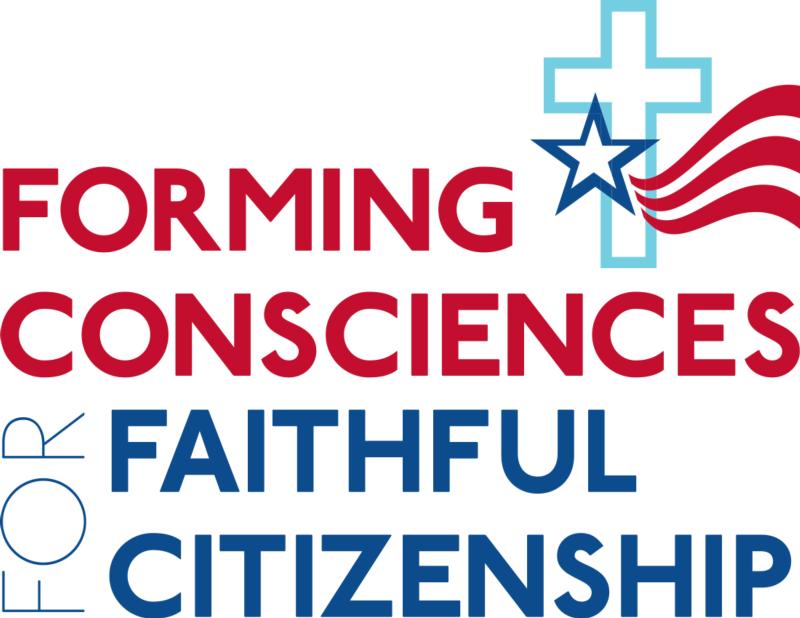WASHINGTON — A series of long-planned videos that supplement the U.S. bishops’ quadrennial “Faithful Citizenship” document that provides guidance to voters during a presidential election year have been finalized.
Posted on the U.S. Conference of Catholic Bishops’ website at faithfulcitizenship.org and the USCCB’s YouTube channel at bit.ly/31DHDGN, five videos in four languages explore various aspects of Catholic social teaching while reflecting the teaching of Pope Francis.
The videos are part of the bishops’ effort to broaden their outreach through the document, titled “Forming Consciences for Faithful Citizenship: A Call to Political Responsibility,” Jill Rauh, director of education and outreach in the USCCB’s Department of Justice, Peace and Human Development, said.
“The videos intend to help Catholics engage in participation in political life, first and foremost, guided by their faith as opposed to any affiliation with any political party that they have,” Rauh explained to Catholic News Service Feb. 5.
“In addition, the videos invite Catholics to engage with civility and to learn about and advocate on behalf of all of who are vulnerable, from the unborn to immigrants to people who are in poverty, to our common home, to families,” she said.
Four English-language videos of about two minutes in length examine participation in public life, protecting human life and dignity, promoting the common good and loving others.
Videos in Spanish, Tagalog and Vietnamese are slightly longer.
“The (bishops) had a particular interest in creating videos for sharing on social media and engaging with young people,” Rauh said.
Scenes showing people feeding the hungry, protecting God’s creation, comforting the elderly, caring for children, migrant people and families, and engaging in civil discussions are prominent in the productions.
Rauh also is coordinating her department’s outreach for upcoming elections through the Civilize It campaign. Introduced by the USCCB Nov. 3, one year before the 2020 vote, the campaign stresses that respectful dialogue — rather than name-calling and nasty barbs — can occur among people with differing political views.
Editor’s note: Information about the Civilize It campaign is available online at www.wearesaltand light.org/civilize-it.

